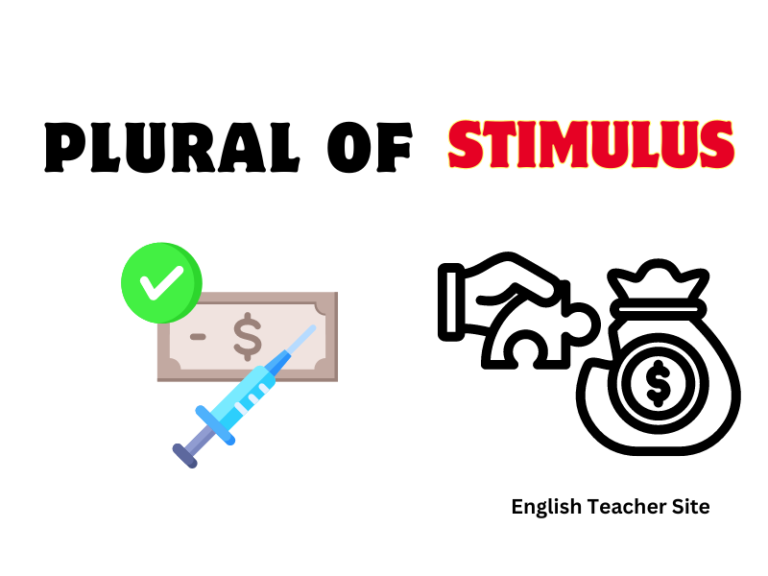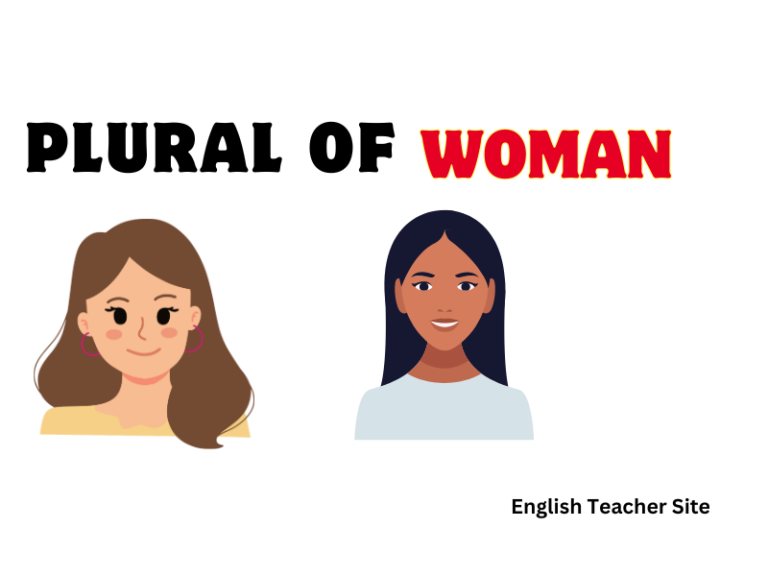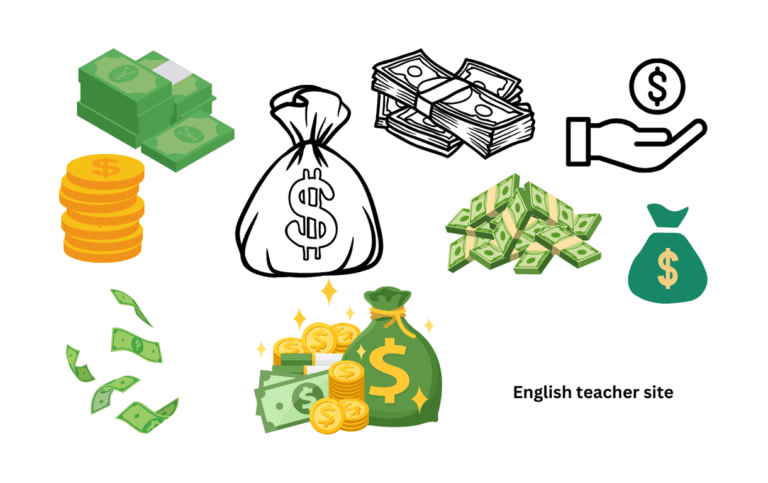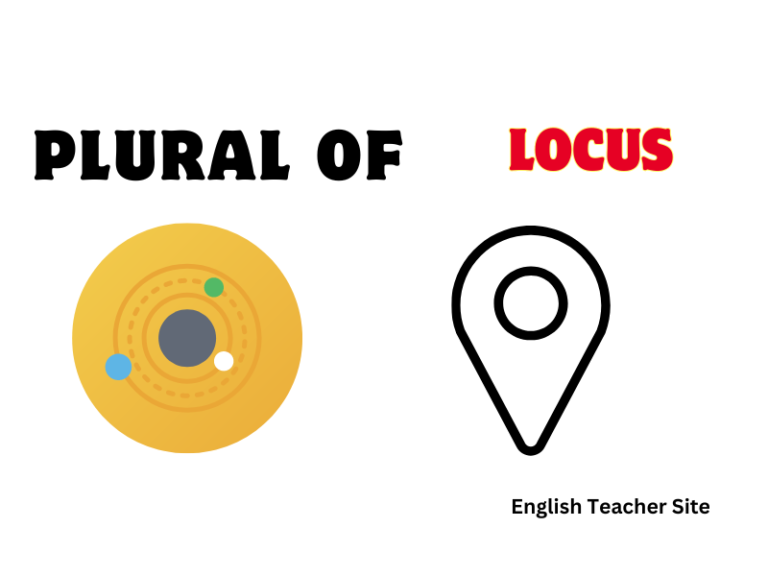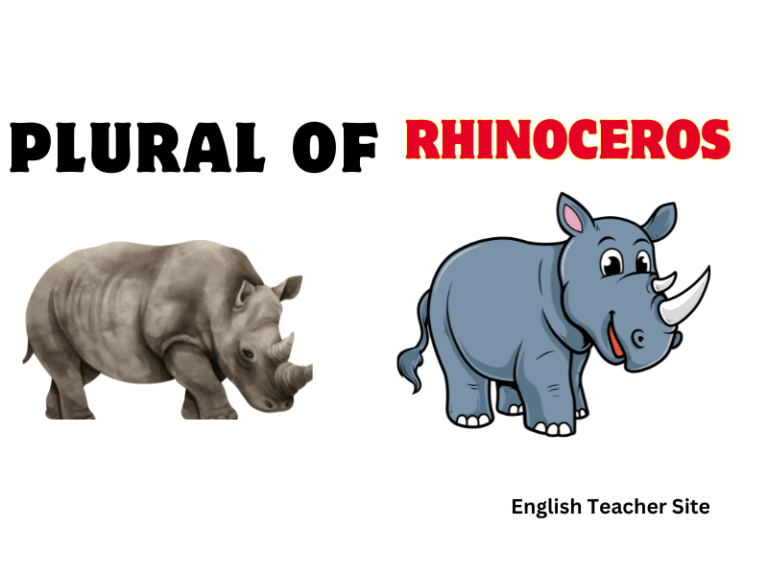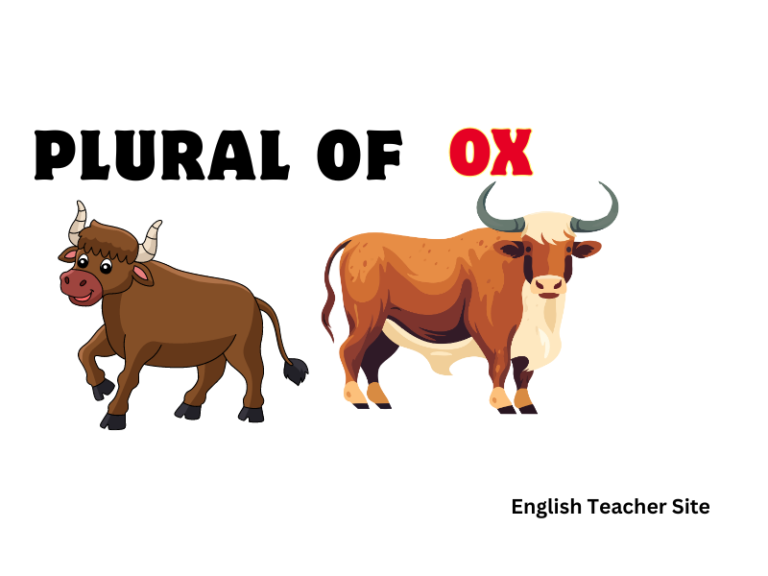What’s the Plural of Curriculum? Understanding Educational Terminology
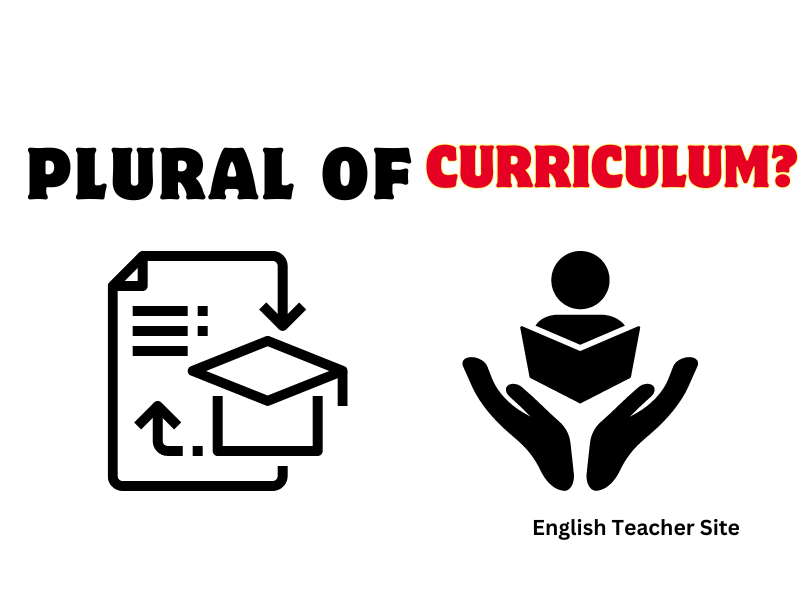
- The word “curriculum” comes from Latin, leading to two plural forms: “curricula” and “curriculums.”
- Both plural forms are accepted in modern English, with “curricula” being the traditional Latin plural.
- Understanding the plural of “curriculum” reflects the influence of Latin on English and its application in education.
The word “curriculum” is frequently used in the context of education, referring to the set of courses or content offered by an educational institution. However, when it comes to discussing more than one curriculum, many find themselves uncertain of the correct plural form. This is a common point of confusion, as several words that hail from Latin have retained their original pluralizations, which don’t always align with the standard ‘-s’ or ‘-es’ pluralization pattern seen in English.
What’s the Plural of Curriculum?
Two accepted plural forms for “curriculum” are in usage:
- Curricula: This is the traditional plural version of curriculum, adhering to the original Latin pluralization.
- Curriculums: This plural form is considered more modern and is increasingly used, especially in informal contexts or when not directly adhering to traditional Latin rules.
Both are valid and can be used, although “curricula” may be more common in formal educational discourse. Here are two tables to illustrate the difference between the usage of the two forms, and when one might be preferred over the other:
| Context | Preferred Plural Form |
|---|---|
| Academic papers and formal texts | Curricula |
| Informal writing or conversation | Curriculums |
| Frequency of Usage | Plural Form |
|---|---|
| When adhering to traditional grammar | Curricula |
| When adopting a more modern approach | Curriculums |
Singular Form of Curriculum
The singular form “curriculum” refers to the set of courses and their content offered by an educational institution or one particular course of study. The word encapsulates the entirety of experiences that a student goes through in the process of education, including lessons, assignments, and structured learning.
Overview of Term Usage
A curriculum is not just a simple list; it’s a comprehensive framework for learning goals and objectives. It ensures that the education delivered is both consistent and of high quality across various levels and subjects. In its singular form, “curriculum” might refer to:
- An individual course: Sometimes, when referring to the subject matter of a specific class, one might use the term “curriculum” to describe what that class will cover. For example, the school’s biology class includes a curriculum focused on human anatomy.
- A program: Academic programs also describe their course content as a curriculum. For example, the university’s engineering program has a comprehensive curriculum designed to cover all essential theories and practices.
Usage in Sentences
- The school’s curriculum for history includes both modern and ancient civilizations.
- Each curriculum is carefully designed to adhere to the national education standards.
| Criterion | Relation to Curriculum |
|---|---|
| Scope | The extent of subject matter places in one curriculum. |
| Detail | The level of specificity and depth within a curriculum. |
Curriculum: Definition and Meaning
A curriculum is essentially a framework for learning, typically implemented within educational institutions. This framework outlines the structure of courses to be taught and dictates the educational journey of the students. Curricula are designed to provide a comprehensive map of educational content, ensuring that all necessary subjects and learning outcomes are addressed.
| Aspect | Description |
|---|---|
| Scope | Encompasses all courses offered by an educational institution. |
| Purpose | Serves to guide educators in delivering content and assessing student progress. |
| Flexibility | May vary depending on educational goals, resources, and student needs. |
In secondary and tertiary education, a curriculum can take many forms, tailoring programs to student specializations. For instance, the engineering curriculum contains coursework necessary for a student to become proficient in engineering principles.
- Courses offered by an institution
- Set of courses within a specialization
- Reflective of educational standards and goals
The term originates from the Latin “currere,” meaning “to run” or “course,” which metaphorically represents the course of learning a student undertakes. The content within a curriculum is selected and organized based on the institution’s philosophy, values, and goals.
| Key Elements | Description |
|---|---|
| Content | The subject matter or disciplines students will learn. |
| Pedagogy | The methods and strategies of teaching employed by educators. |
| Assessment | The techniques used to evaluate student learning and program effectiveness. |
Examples of Curriculum in Application
| Educational Level | Examples of Curricula |
|---|---|
| Primary Education | – Basic Sciences – Arts and Humanities |
| Secondary Education | – Advanced Mathematics – Literature |
| Higher Education | – Business Management Programs – Medical School Tracks |
Furthermore, the application of curricula is evident in specialized settings:
| Specialized Education | Examples of Applied Curricula |
|---|---|
| Vocational Training | – Culinary Arts – Automotive Repair |
| Professional Development | – Leadership Seminars – Coding Bootcamps |
The use of curricula extends beyond listing subjects—it encompasses the methodologies, academic standards, and desired outcomes for learners. The attention to detail within curricular design involves:
- Adaptability: Ensuring the curriculum stays relevant to changing educational needs.
- Assessment: Establishing measurable objectives for student performance.
Examples of Curricula in Application
Curricula can vary widely depending on the educational level and subject matter. For example, a high school curriculum differs markedly from a university curriculum in complexity, depth, and specialization.
| Educational Level | Curricula Examples |
|---|---|
| High School | – General Studies – Vocational Education |
| University | – Business Administration – Mechanical Engineering |
Professionals such as educational coordinators and teachers use curricula to structure learning objectives, create lesson plans, and assess student progress. The development of a curriculum often involves a detailed framework that encompasses:
- Learning objectives
- Required subjects or courses
- Suggested instructional methods
- Assessment techniques and tools
In a more specialized context, such as graduate studies, curricula may also entail:
- Intensive research components
- Thesis or dissertation requirements
- Internships or practicum experiences
- A science curriculum in a high school setting may include laboratory experimentation, scientific methodology, and environmental studies.
- A business curriculum at a university may cover topics like economics, accounting, marketing, and management along with internships.
- In vocational training programs, curricula often consist of hands-on training in fields such as carpentry, electrical work, or culinary arts.
Synonyms for Curriculum
Common Synonyms:
| Synonym | Context of Use |
|---|---|
| Syllabus | Refers to an outline or summary of topics to be covered. |
| Course | Generally addresses a single, individual unit of study. |
The word “program” might be used when one refers to an ongoing series of courses designed to achieve a specific academic or professional goal. In contrast, a “course of study” typically connotes a thorough and extended sequence of study in a particular discipline.
Academic Thesaurus:
- Program of Study – emphasizes a coordinated collection of courses aimed at a degree or certification.
- Educational Plan – outlines a strategic approach tailored for a student’s learning outcomes.
- Instructional Scheme – elaborates on the teaching methodology incorporated within the curriculum.
- Study Regimen – can indicate a student’s workload and requirements for a period.
- Learning Module – often refers to a self-contained unit within a larger course.
- Lesson Plan – usually denotes a teacher’s detailed guide for a particular class or session.
Origin of the Word Curriculum
The term curriculum has its roots in Classical Latin, where it originally meant a running, race, or course. Over time, the word evolved to refer to a course of study or academic program, taking on its educational connotation.
| Century | Meaning |
|---|---|
| c. 1300 | Onward movement, a prescribed path or distance. |
| 12c. | From Old French cors for ‘course’ or ‘running’. |
| Post-Medieval | New Latin uses it for ‘course of study’. |
In education, curriculum is the breadth of learning offered by an educational institution or set down as requirements for a certain degree, signifying a structured series of learning objectives and topics intended for instructing students.
- New Latin: A post-medieval form of Latin, utilized mainly in scholarly, ecclesiastical, and scientific discourse.
- Post-medieval Usage: Predominantly in schools and churches.
| Plural Form | Usage Context |
|---|---|
| Curriculums | More common in American English, informal contexts. |
| Curricula | Reflects traditional Latin counterpart, academic use. |
Sources
- Definition of curriculum.
- Dictionary.com definition of curriculum.
- Origin of curriculum.
- Synonyms for curriculum.
- Latinate definition.
My name is Khamis Maiouf. I am the creator of the English Teacher Site, dedicated to providing valuable resources and insights for students around the world. With a passion for education and a commitment to helping students enhance their skills, I aim to make English teaching more effective and enjoyable for both educators and students.

